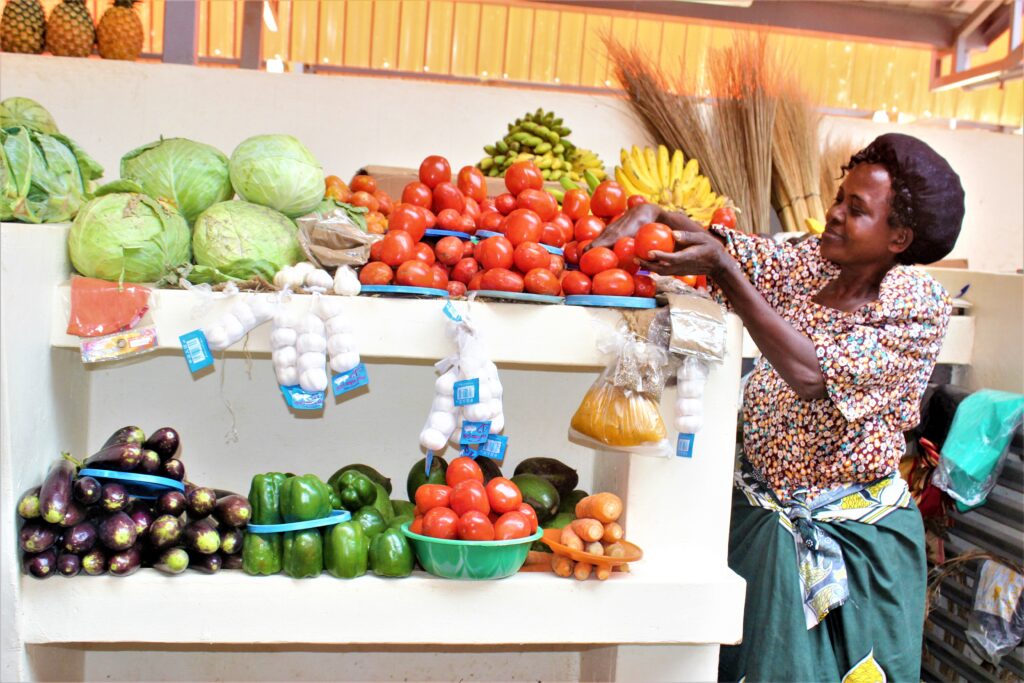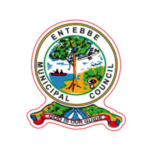Entebbe, Uganda
Learn more about Entebbe's food system below
City overview
Entebbe, a peninsular city on Lake Victoria, has a daytime population of 100,000, which decreases to 71,000 at night. Covering an area of 50 square kilometers, with 25 square kilometers submerged underwater, Entebbe was Uganda’s first administrative center during colonial rule. It serves as a key gateway to the country, housing the international airport. The local economy is primarily based on fishing and urban farming. The city features a zoo and a botanical garden, enhancing its cultural and recreational offerings. The Mayor serves as the political head, while the Town Clerk serves as the chief executive, overseeing City administration and development.
Status of food and nutrition security
Entebbe’s food security is significantly supported by urban farming, where residents cultivate small plots, typically under 50 square meters. This practice uses intensive farming methods and high-yield technologies to produce vegetables, root crops, and bananas. The city’s favourable climate allows for year-round cultivation, enhancing food availability. While much of the produce is initially grown for personal consumption, surplus is often shared with others or sold in local markets, providing essential income stability for families. Farmers are increasingly focused on environmentally sensitive practices, especially given Entebbe’s proximity to Lake Victoria.
Food systems policies and programmes
The Parish Development Model (PDM): The PDM channels government interventions to alleviate poverty directly to the people at the village level.

Challenges
Implementation of school feeding programmes
Urban agriculture and land use
Climate change and extreme weather events
Limited food mandate and budgets at city level
Livelihoods and unemployment
Strengths
General food and nutritional insecurity
Infant and children malnutrition
Availability of healthy food (preventing food deserts)
Management of local food markets
Preventing monopolisation: big companies taking over the food system
Food safety & sanitation (including safe water)
Stability of food supply chains
Avoiding domestic or regional wars/conflict
Creating livelihoods and addressing unemployment
Successful initiatives
Having a Department of Agricultural Production: The city has a department of agricultural production with full-time dedicated staff and a budget to carry out their services
20-Year Physical Development Plan: The 20-year physical development plan has been delineated, slowing down the rate of conversion of arable land to real estate and other uses
Grants for Agricultural Production Services: The production department now receives a grant (funds) that are ring-fenced for agricultural production services. This ensures that the department can carry out basic service delivery most of the time
Ambitions and targets in terms of sustainability of the food system
1. Ensure that agricultural production is carried out sustainably to benefit future generations
2. Foster a healthy community that is food secure
3. Develop urban agricultural enterprises to supplement the incomes of urban dwellers

